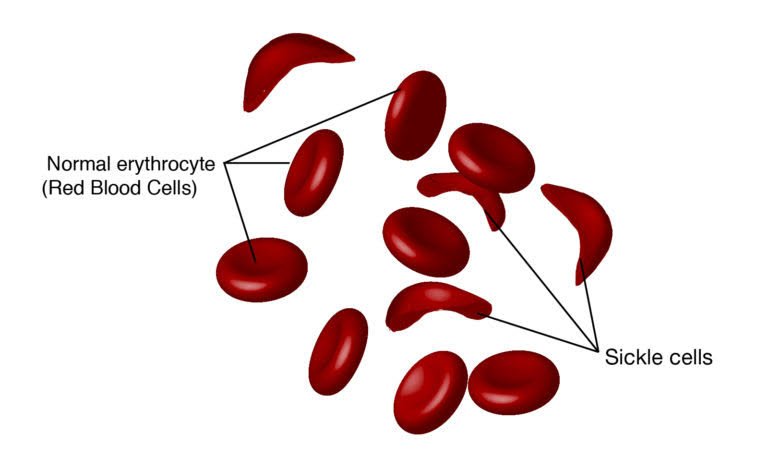Korede Abdullah in Lagos
On World Sickle Cell Day, the World Health Organisation (WHO) unveiled its first global guideline for managing sickle cell disease (SCD) in pregnancy — a breakthrough move aimed at saving mothers and babies in countries like Nigeria, which bears the world’s heaviest burden of the condition.
With nearly 150,000 Nigerian babies born annually with SCD, experts warn that “our nation is sitting on a ticking time bomb” as awareness, research funding, and access to quality care remain dangerously low.
The WHO Medical Officer and lead author of the guideline, Dr. Doris Chou, said, “It’s essential that women with SCD are supported by knowledgeable care teams to prevent needless deaths.”
Nigeria, with a population nearing 230 million, records a staggering rate of SCD, leaving most affected individuals with a life expectancy of just 21 years — compared to 54 years in wealthier nations.
Pregnancy compounds the danger: women with SCD are 11 times more likely to die from pregnancy-related complications. “The new WHO guideline is a lifeline for our mothers. It gives us a clear, evidence-based path to follow in resource-limited settings like ours,” said Dr. Halima Yusuf, a haematologist at the Federal Medical Centre, Ebute-Metta, Lagos.
WHO’s new guidance includes over 20 recommendations such as folic acid and iron supplementation adapted for malaria-endemic regions, prevention of infections and blood clots, pain management, and the use of prophylactic blood transfusions.
It also calls for respectful, stigma-free care for women living with SCD. The WHO’s Director for Sexual and Reproductive Health, Dr. Pascale Allotey, stressed, “With quality healthcare, women with inherited blood disorders like SCD can have safe and healthy pregnancies.”
Despite Nigeria’s high SCD prevalence, experts lament that stigma continues to push patients into hiding their condition or falsifying test results to avoid discrimination.
“The term ‘sickler’ is not just a word — it’s a barrier that denies people care and dignity,” said Dr. Charles Adeyemo, a public health advocate and UNICEF consultant who spoke with Africa Health Report (AHR) on the phone.
As WHO leads the charge with new global standards, stakeholders urge Nigeria to match this momentum with national policies that tackle stigma, improve access to care, and fund critical research into treatments for pregnant and breastfeeding women with SCD.



